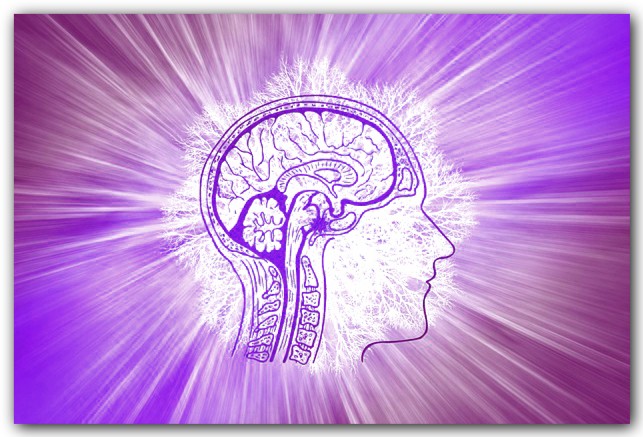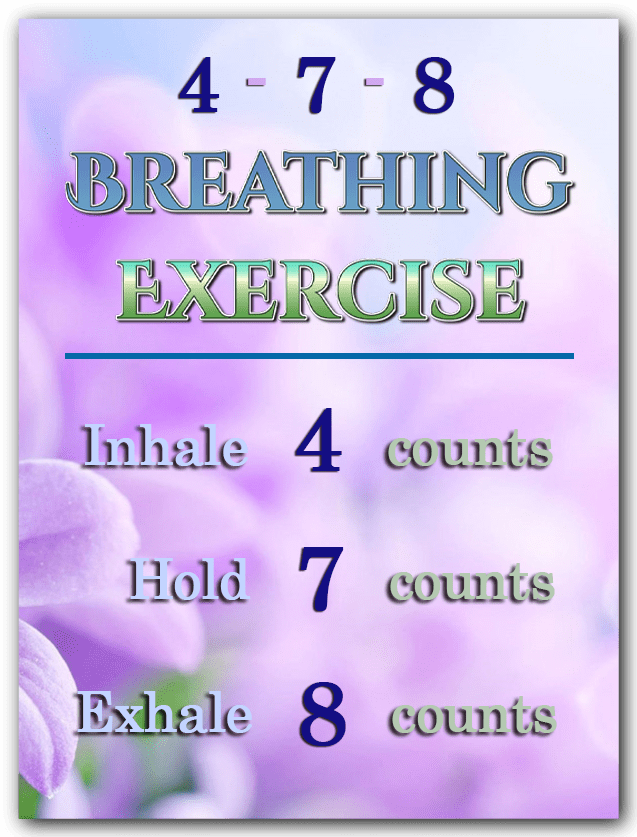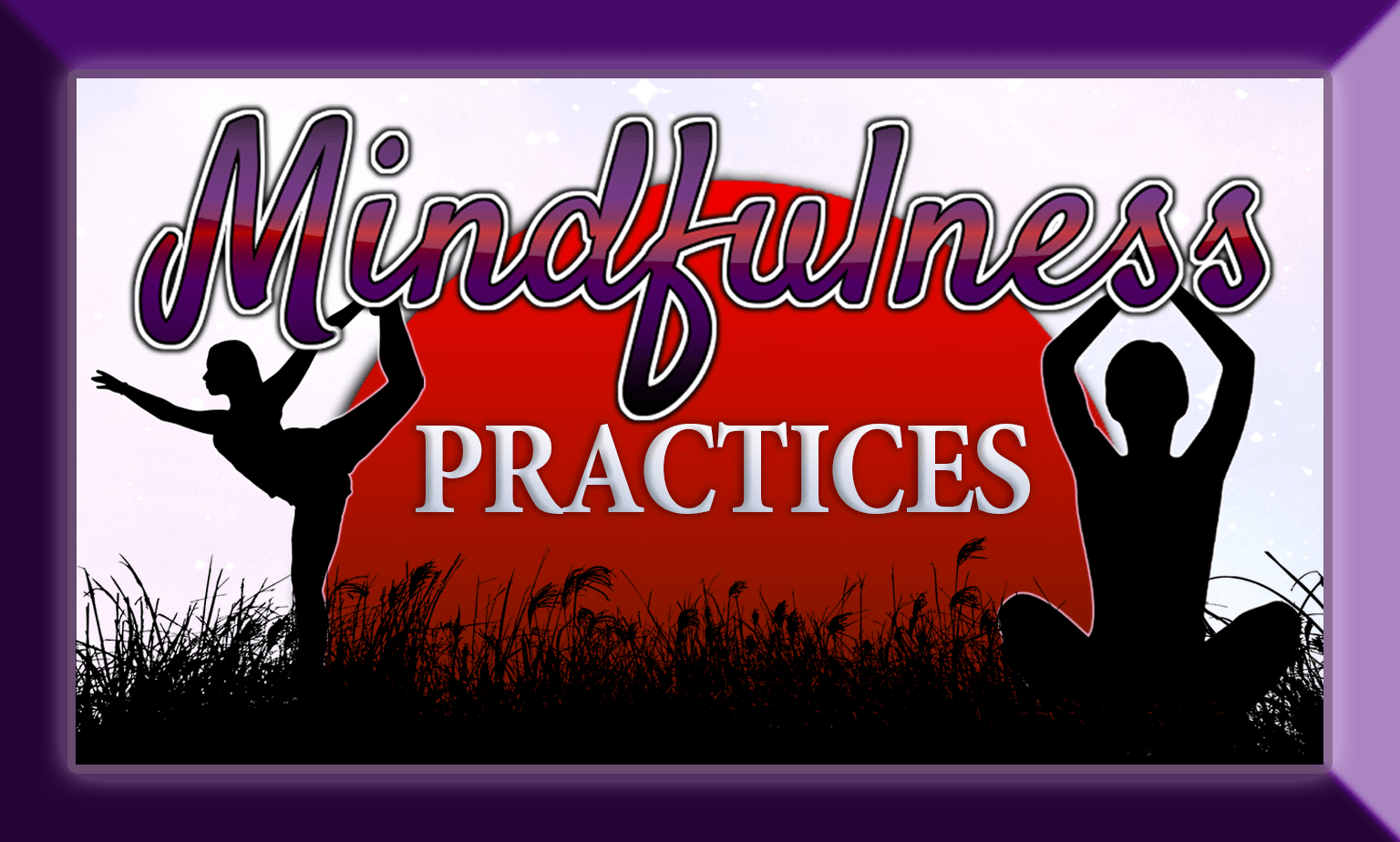At the core of recovery from body-focused repetitive behaviors (BFRBs), mindfulness is essential in slowing the brain down enough to be aware of triggers to the compulsion and reducing baseline anxiety levels, which can also lessen the number and intensity of BFRB urges.
About
Mindfulness-based cognitive behavioral therapy teaches people to notice their thoughts, feelings, and sensations in the moment without assigning judgment to them. It is practiced through dialectal behavior therapy (DBT), acceptance and commitment therapy (ACT), among other mindfulness-based interventions and strategies.
The Science
Many studies show the efficacy of mindfulness in treating depression, anxiety, addictions, and PTSD, among many other health conditions. While the science behind excoriation disorder is still scarce in comparison to disorders that were recognized in the Diagnostic and Statistical Manual of Mental Disorders (DSM) before the release of its fifth edition in 2013, cognitive behavioral therapy (CBT) practices combined with mindfulness are proven to be effective when treating skin picking.

A Harvard study in 2011 found changes in gray matter in brain regions responsible in learning and memory processes, emotion regulation, self-referential processing, and perspective taking with individuals who participated in an eight week mindfulness-based stress reduction (MBSR) program for an average of 27 minutes a day.
Meditation
Meditation is the conscience training of the mind to redirect thoughts. As a practice that connects the mind and body, meditation can reduce stress and increase awareness with plenty of mental and physical benefits through various techniques to calm the central nervous system.
Body Scans
A common type of meditation is the body scan, which promotes relaxation and stress relief by noticing different areas of the body. They help in grounding people and making them aware of tension they may not realize is there. Progressive muscle relaxation is another awareness exercise that allows you to tense your muscles, then relax them one by one, allowing individuals to focus on each specific part of the body.
Guided scans are helpful if you are new to these meditative practices. Make sure you’re in a safe place where you won’t be interrupted before finding a comfortable spot to sit or lie down and immerse in these activities.
For a thorough half-hour experience, check out this body scan by MBSR founder and expert, Jon-Kabat Zinn.
Activities
Other mindful activities include yoga, and prayer, but are not limited to spiritual or body-focused exercises. Outdoor activities such as walking or gardening can be experienced through mindfulness by focusing on textures, sights, smells, and sounds while noticing how the body interacts in the environment.
Breathing Techniques
A great way to lower your level of anxiety and calm your central nervous system is using breathing techniques. Anxiety often results in shallow breathing, which then enhances anxiety due to a lack of oxygen and the activation of the fight or flight system. Controlling your breath through deliberate breathing exercises can improve many mental and physical systems in the body.
Place the tip of your tongue on the roof of your mouth- right behind your teeth. Push all the existing air out of your lungs before beginning.
- Breathe in through your nose for 4 counts
- Hold your breath for 7 counts
- Breathe forcefully out of your mouth for 8 counts
- Repeat 4 times
- Practice twice a day, or when needed

Learn about other types of breathing exercises here to help reduce your baseline anxiety.
Tips
- Multi-tasking takes focus away from the body; the more tasks you take on simultaneously, the less you’re able to notice your feelings, thoughts, or sensations. Try handling tasks one at a time to help slow down your pace.
- Limit your screen time. When our attention is on our devices, it takes away from how we’re feeling or what we’re thinking. While it can be a great diversion from our problems, it distracts from our need for relaxation and calm, which is easily upset by headline news or images of perfection on social media.
- Mindfulness is like a muscle that needs to be strengthened. Don’t get discouraged if you lose focus and your mind travels elsewhere. Practicing daily will improve your focus and allow you to engage in the practice with less mental distraction over time, with benefits outside of the activities. Start with small exercises, or do shorter scans until you build your tolerance for longer periods of time.
